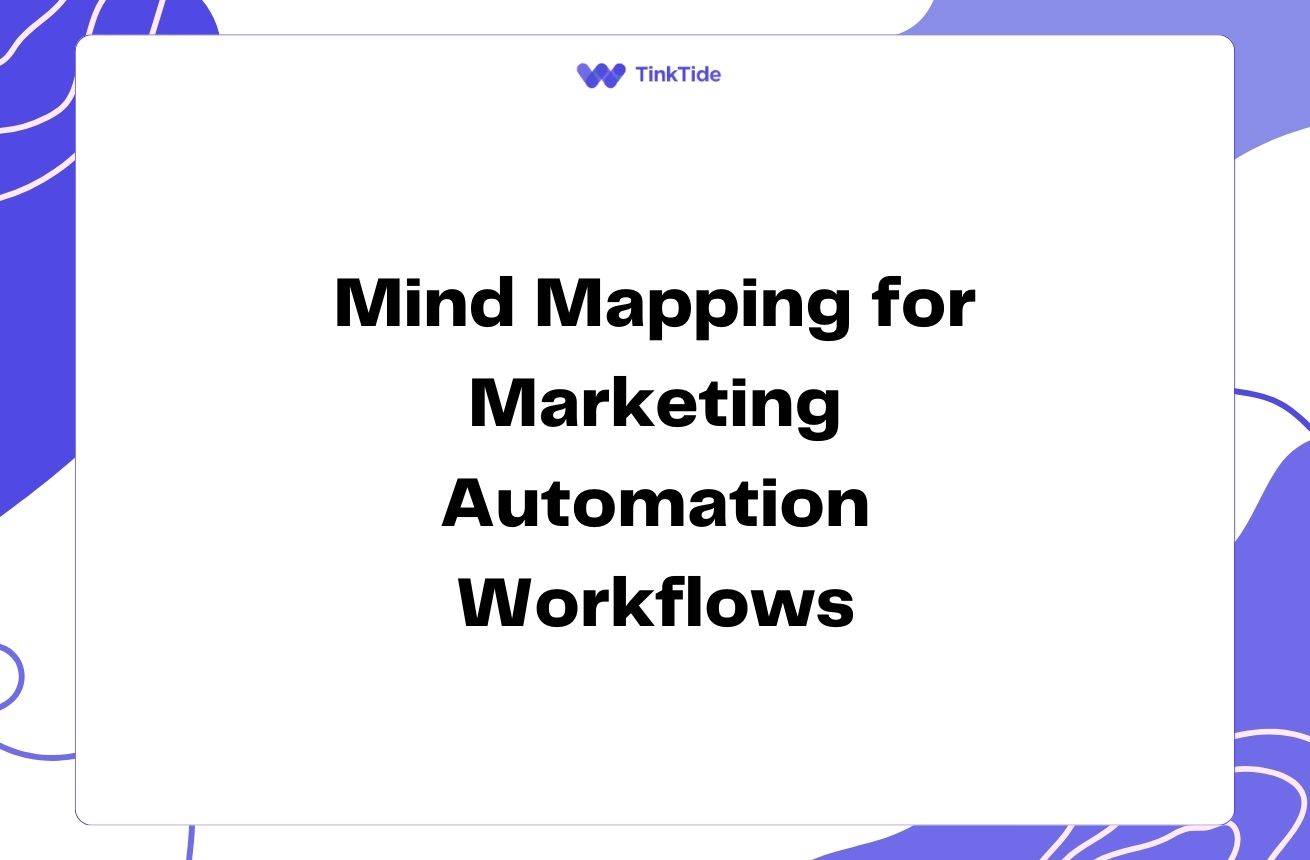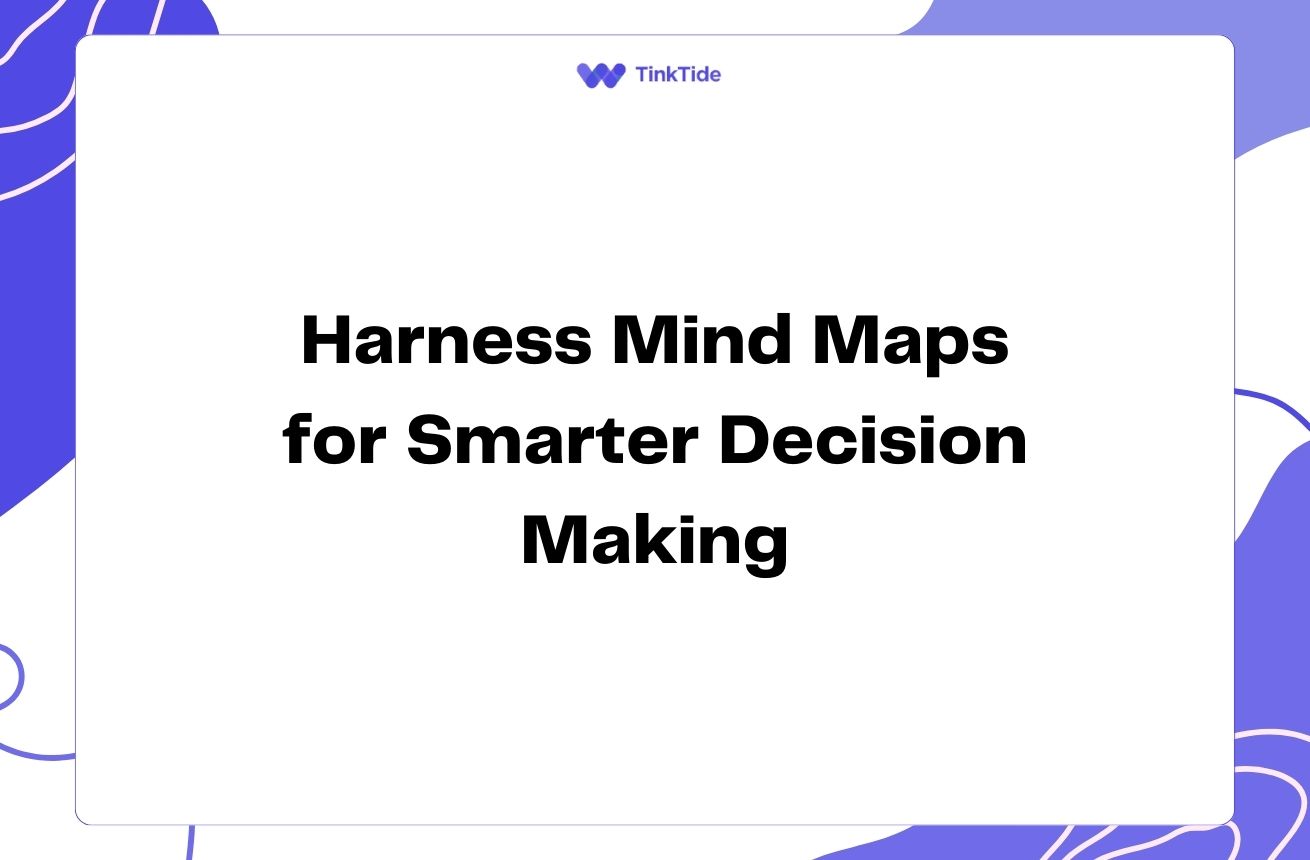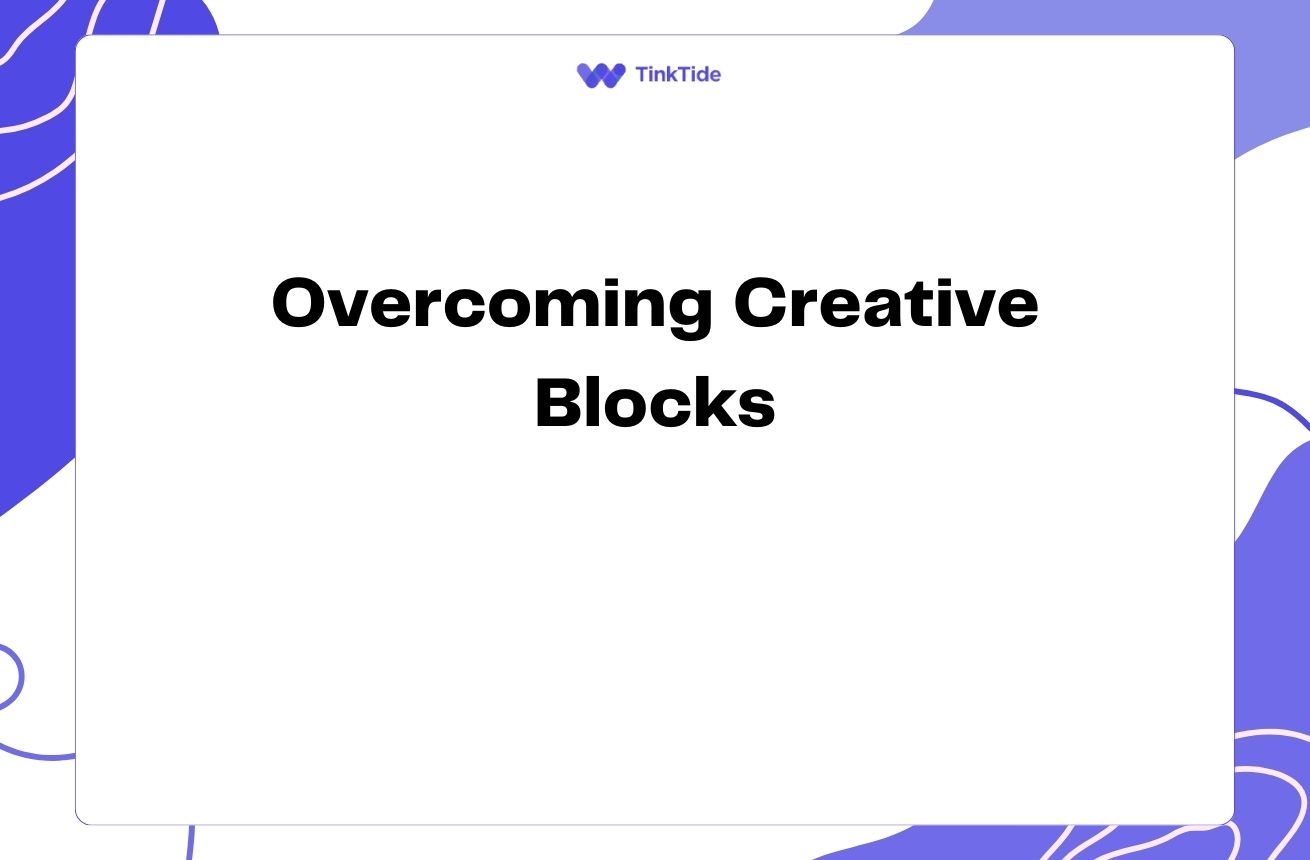The Future of Mind Mapping: Emerging Trends and Potential
The Evolution of Mind Mapping
Mind mapping has come a long way since its inception by Tony Buzan in the 1970s. Originally a pen-and-paper technique, it has evolved into a digital powerhouse for organizing thoughts and ideas. Today, we're witnessing a revolution in how mind maps are created, shared, and utilized across various fields.
The digital transformation of mind mapping has opened up new possibilities for collaboration and integration with other tools. For instance, platforms like MindMeister allow real-time collaboration, making it easier for teams to brainstorm and plan projects remotely.
As we look to the future, mind mapping is poised to become an even more integral part of our personal and professional lives. Let's explore some of the emerging trends and potential applications that are shaping the future of this powerful tool.
AI-Powered Mind Mapping
Artificial Intelligence is revolutionizing mind mapping, making it more intuitive and powerful than ever before. AI algorithms can now analyze your input and suggest related concepts, helping you expand your ideas more efficiently.
- Automated node creation based on context
- Intelligent linking of related concepts
- Natural language processing for voice-to-mind-map conversion
- Personalized suggestions based on user history and preferences
Tools like Ayoa are already incorporating AI to enhance the mind mapping experience. As AI continues to advance, we can expect even more sophisticated features that will make mind mapping more accessible and powerful for users of all levels.
Virtual and Augmented Reality Integration
The integration of mind mapping with Virtual Reality (VR) and Augmented Reality (AR) is opening up new dimensions for visual thinking. Imagine stepping into a 3D mind map where you can manipulate ideas with your hands and walk through your thought processes.
VR platforms like Oculus are already experimenting with spatial mind mapping tools. These immersive experiences can enhance understanding and retention of complex information, making them particularly valuable for education and complex problem-solving scenarios.
AR applications, on the other hand, could overlay mind maps onto the real world, allowing for contextual brainstorming and idea organization in physical spaces. This could revolutionize fields like architecture, urban planning, and event management.
Mind Mapping in Education
The education sector is embracing mind mapping as a powerful learning tool. As digital natives enter classrooms, interactive mind maps are becoming an essential part of the curriculum, enhancing comprehension and retention.
Platforms like GoConqr are tailoring mind mapping tools specifically for educational purposes. These tools allow students to create visual study guides, collaborate on group projects, and even take visual notes during lectures.
Looking ahead, we can expect to see more integration of mind mapping with learning management systems, adaptive learning algorithms, and even gamification elements to make learning more engaging and effective.
Mind Mapping for Data Visualization
As we grapple with increasingly complex datasets, mind mapping is emerging as a powerful tool for data visualization and analysis. By representing data relationships in a visual, hierarchical format, mind maps can reveal patterns and insights that might be missed in traditional spreadsheets or charts.
Tools like TheBrain are pushing the boundaries of what's possible with mind mapping and data visualization. These advanced platforms can handle vast amounts of interconnected data, making them invaluable for research, business intelligence, and big data analysis.
In the future, we can expect to see more integration between mind mapping tools and data analytics platforms, creating powerful hybrid solutions for data-driven decision-making.
Collaborative Mind Mapping in the Workplace
The future of workplace collaboration is visual, and mind mapping is at the forefront of this trend. As remote work becomes more prevalent, collaborative mind mapping tools are becoming essential for team brainstorming, project planning, and knowledge management.
- Real-time collaboration features
- Integration with project management tools
- Version control and change tracking
- Role-based access and editing permissions
Platforms like Miro are leading the charge in this area, offering robust mind mapping features alongside other collaboration tools. As these platforms evolve, we can expect to see even tighter integration with other workplace tools and more advanced collaboration features.
The Future of Personal Productivity
Mind mapping is set to play a crucial role in the future of personal productivity. As our lives become more complex and information-rich, visual tools for organizing thoughts and tasks are becoming indispensable.
We're seeing a trend towards integrating mind mapping with personal task management and note-taking apps. For example, Notion allows users to create mind maps within their broader productivity ecosystem.
In the future, we might see AI-powered personal assistants that can automatically generate and update mind maps based on our digital activities, helping us make connections and stay organized without conscious effort.
Address common questions
As mind mapping continues to evolve, many questions arise about its future applications and potential. Here are some common questions and their answers:
How will AI change mind mapping?
AI will make mind mapping more intuitive and powerful. It will offer intelligent suggestions, automate node creation, and even generate entire mind maps based on text input. This will make mind mapping more accessible to beginners and more powerful for experienced users.
Can mind mapping replace traditional note-taking?
While mind mapping may not entirely replace traditional note-taking, it's becoming an increasingly popular alternative. Mind maps can capture relationships between ideas more effectively than linear notes, making them particularly useful for complex topics and creative thinking.
How will VR and AR impact mind mapping?
VR and AR will create immersive mind mapping experiences. In VR, users could walk through 3D mind maps, manipulating ideas in a virtual space. AR could overlay mind maps onto the real world, allowing for contextual brainstorming and planning.
Will mind mapping become a standard business tool?
Mind mapping is already gaining traction in business settings, and this trend is likely to continue. As collaboration tools evolve, mind mapping will likely become a standard feature in project management and brainstorming platforms.
How can mind mapping improve education?
Mind mapping can enhance learning by helping students visualize relationships between concepts, improve memory retention, and develop critical thinking skills. As educational technology advances, we'll likely see more integration of mind mapping tools in digital learning platforms.
Provide additional resources
The Mind Map Book
Tony Buzan's seminal work on mind mapping techniques
MindMeister Blog
Regular updates on mind mapping trends and techniques
Ayoa Features
Explore AI-powered mind mapping tools
TheBrain for Data Visualization
Learn about advanced data visualization with mind mapping
Miro Mind Maps
Collaborative mind mapping for teams
Embracing the Future of Mind Mapping
As we've explored, the future of mind mapping is bright and full of potential. From AI-powered suggestions to immersive VR experiences, mind mapping is evolving to meet the complex needs of our digital age.
These advancements will make mind mapping more accessible, powerful, and integrated into our daily lives. Whether you're a student, professional, or creative thinker, the future of mind mapping holds exciting possibilities for enhancing your cognitive processes and productivity.
As we move forward, it's clear that mind mapping will play an increasingly important role in how we learn, work, and think. By staying informed about these trends and embracing new tools as they emerge, you can harness the full power of mind mapping to unlock your potential and navigate our complex, information-rich world.
Start Mind Mapping Today
Experience the power of modern mind mapping with our intuitive platform.
Start Your Free Trial

